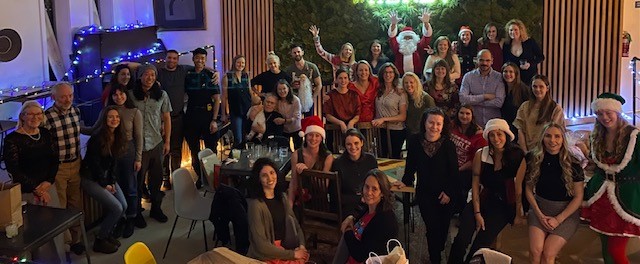Every year the Vancouver Foundation hosts a Neighbourhood Small Grants Gathering to bring together project leaders, Neighbourhood Grant Committee members, program coordinators, and partner organizations from across the province to engage in day of community knowledge sharing and celebration.
On May 25, 2018, the NSG community gathered to learn more about the history of Indigenous people in BC through the KAIROS Blanket Exercise, and how to deepen community connections. We also had presentations from past project leaders and a delicious lunch from our friends (and past NSG grantee!) Tayybeh Catering.
The day was beautifully captured by our photographer Murray Bush and photos are posted to both Facebook and Flickr.
Randy Hyman is a Neighbourhood Grant Committee member in Surrey – check out his blog post to read what the day meant to him and how gathering around food can deepen community connection.
You can download the NSG Gathering agenda to read about the day’s activities, and contact Natalie Moravek at natalie.moravek@vancouverfoundation.ca if you would like to learn more about NSG Gatherings or have ideas about future learning opportunities.
Share post:
